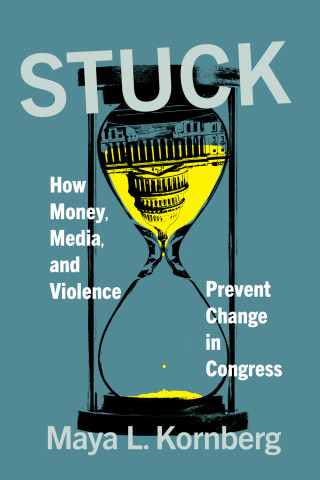
Reviews
Free speech is under increasing siege in today's world. In their new and important The Future of Free Speech, Jacob Mchangama and Jeff Kosseff, advocate for freedom of speech and make a compelling case for optimism.
A rigorous and inspiring defense of the freedom that safeguards all others. Mchangama and Kosseff powerfully refute alluring but misguided calls for censoring even the most controversial speech, such as disinformation and hate speech. They demonstrate that open debate is essential for protecting human rights and democracy, and resisting authoritarianism.
In The Future of Free Speech, Mchangama and Kosseff take readers on a bracing global tour of the free-speech recession, documenting how governments are dusting off old tools to police expression in new ways. Clear, principled, and empirically grounded, this book offers realistic strategies for keeping open societies genuinely open.
A broad-ranging and powerful analysis of the recent wave of speech restrictions all over the world, coupled with thoughtful and promising proposals for the future. Very much worth reading.
The Future of Free Speech is a brilliant defense of our most essential freedom. Mchangama and Kosseff prove that free expression isn't a threat to democracy—it is its foundation. A vital roadmap for anyone who recognizes that once we lose the right to speak, we also lose the power to defend every other right.
Book Details
Table of Contents
Introduction
Part I: Expansion of Free Speech
1. The Global Rise of Free Speech
2. Four Hateful Men
3. Defamation Protections
4. Protecting Intermediaries
Part II: Free Speech Recession
5
Table of Contents
Introduction
Part I: Expansion of Free Speech
1. The Global Rise of Free Speech
2. Four Hateful Men
3. Defamation Protections
4. Protecting Intermediaries
Part II: Free Speech Recession
5. Government Responses to Disinformation in the Digital Age
6. The War on Hate Speech: How European Democracies are Undermining Free Expression and Fueling Extremism
7. Autocracy Inc.: The Global Playbook for Silencing Dissent with Laws Against Hate Speech and Extremism
8. Strategic Lawsuits Against Public Participation
9. Criminal Defamation
10. Pressure on Intermediaries
11. Save the Children
12. Amending the First Amendment
13. Artificial Intelligence
Part III: Reversing the Recession
14. Anti-SLAPP
15. Radical Transparency
16. Decentralization
17. Fighting Bad Speech with Better Speech
Conclusion







